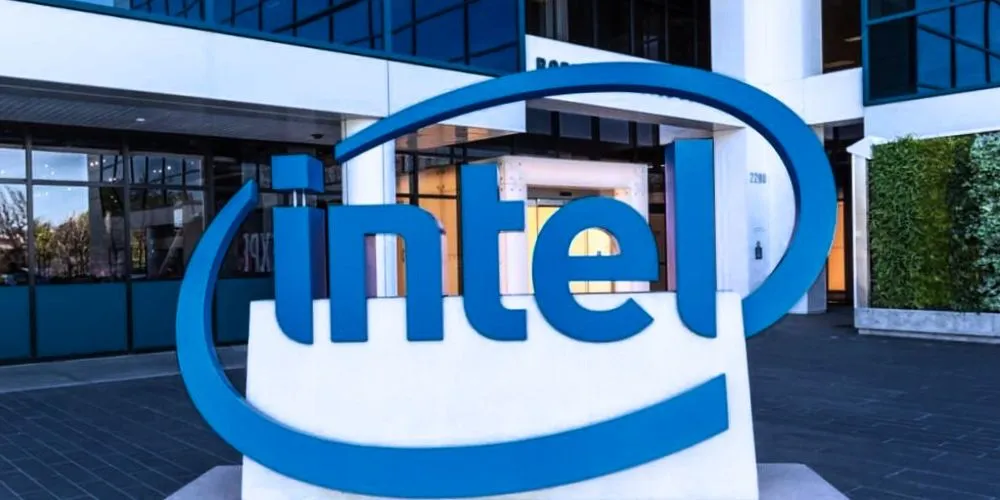Key Points
- The EU Court of Justice ruled in favor of Intel, overturning the 2009 fine due to insufficient evidence of anti-competitive rebates.
- The European Union initially accused Intel of offering illegal rebates to PC makers to edge out competitors like AMD.
- Intel still faces a €376 million fine for paying manufacturers to delay or cancel products powered by AMD chips.
- The case has spanned over a decade, with multiple appeals and legal reviews before reaching this conclusion.
Intel has emerged victorious in a long-running legal battle against the European Union, overturning a €1.06 billion ($1.1 billion) fine imposed in 2009. The EU Court of Justice ruled that regulators failed to provide sufficient evidence that Intel had offered illegal rebates to computer manufacturers to stifle competition. While this marks a major win for Intel, the company still faces a separate €376 million ($406 million) fine imposed by the European Commission last year.
The case dates back to 2009 when the European Union accused Intel of using hidden rebates to push rivals, particularly AMD, out of the CPU market. Intel was also found to have paid manufacturers to delay or halt the release of products featuring AMD processors, actions referred to as “naked restrictions.” Intel’s legal fight with the EU stretched over years, with the company consistently denying wrongdoing.
In 2017, Europe’s highest court ordered the €1.06 billion fine to be re-examined after finding that the EU had not conducted a thorough economic analysis to determine how Intel’s actions affected competition. In 2022, the General Court, Europe’s second-highest court, annulled the fine, stating that the European Commission had not demonstrated that Intel’s rebates had anti-competitive effects.
The European Commission appealed the decision, but the EU Court of Justice recently upheld the annulment, confirming that the initial analysis was incomplete and insufficient to justify the hefty fine. Despite this victory, Intel never challenged the “naked restrictions” portion of the case. As a result, in 2022, the Commission imposed a new €376 million fine based on those actions, which Intel is now contesting.
Beyond the legal arena, the processor industry has evolved significantly since the original 2009 ruling. At that time, Intel dominated the market with an 81% share, while AMD held just 12%. Today, Intel’s market share has dropped to 63%, with fierce competition from AMD and Taiwan Semiconductor Manufacturing Company (TSMC), which produces chips for AMD, NVIDIA, and others. Ironically, Intel has also started outsourcing about 30% of its production to TSMC.
Despite its struggles in chip production, Intel’s legal team has demonstrated resilience in navigating this complex case, securing a favorable ruling in one of the largest fines ever imposed by the European Union.





